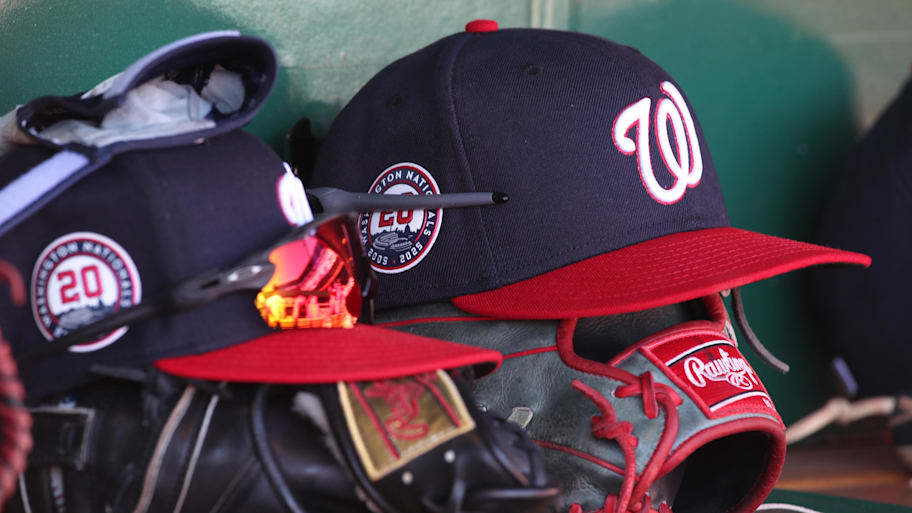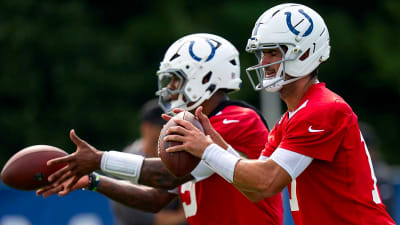
The Washington Nationals have enjoyed the same alignment in the NL East since it moved to the nation’s capital from Montreal before the 2005 season.
Two of those trips have been rather short, as Washington enjoyed annual trips to the Philadelphia Phillies and the New York Mets. The other two trips keep the Nationals in the eastern time zone, but they involved trips to the Atlanta Braves and the Miami Marlins.
But what if that changed? What if the game opted to align its future divisions based along geographic lines, instead of the tradition the game has enjoyed for more than a century? A couple of years ago, Jim Bowden at The Athletic (subscription required) attacked the idea of geographic realignment with a plan that would drastically change the Nationals’ current division.
With the desire of Major League Baseball commissioner Rob Manfred to expand and realign, Bowden’s projections returned to the conversation earlier this week.
A New Nationals Division?

Geography was Bowden’s chief criteria for realignment. He chose to do away with the traditional American and National Leagues that have ruled the game for more than 100 years. He even renamed them the eastern conference and the western conference, with 16 teams in each conference and four divisions with four teams in each division.
The Nationals ended up in a division that Bowden dubbed the Mid-Atlantic Division. In it, Washington ended up with a division rival with its primary geographic neighbor, the Baltimore Orioles. Joining the Nats and O’s were the Pittsburgh Pirates, a former division rival of the Nationals, and an expansion franchise in Charlotte, N.C. Bowden assumed that Charlotte and Nashville would get the two expansion franchises.
Nationals Divisions Through the Years

The Washington Nationals were the Montreal Expos when they joined MLB as an expansion franchise in 1969, the first year that the NL and the AL had divisions. The Expos joined the Chicago Cubs, the New York Mets, the Philadelphia Phillies, the Pittsburgh Pirates and the St. Louis Cardinals in the NL East.
When MLB adjusted divisions in 1993, it added the Miami Marlins, then an expansion team, to the East. The following year, the Majors went to three divisions. Three teams — the Cubs, the Pirates and the Cardinals — moved to the NL Central. The Atlanta Braves moved into the NL East. The alignment of the division has not changed since.
What Rob Manfred Said on Realignment

Manfred told ESPN on Sunday during MLB’s Little League World Series game that he would like to visit geographic realignment as part of MLB’s effort to expand. He hopes to pursue both before the end of his tenure as commissioner in 2029. By expanding to 32 teams, it would bring two new games but also unbalance current divisions.
He sees it as a chance to address some of the significant geographic inequities that still exist in the game. He highlighted player travel as a chief concern.
“I think if we expand, it provides us with an opportunity to geographically realign,” Manfred said. “I think we could save a lot of wear and tear on our players in terms of travel.
Nationals on SI Coverage
More must-reads:
- Wild Clayton Kershaw stat continues in Coors Field master class
- Rays calling up top-50 MLB prospect for big league debut
- The 'Active 20-home run MLB seasons' quiz
Breaking News
Trending News
Customize Your Newsletter
 +
+
Get the latest news and rumors, customized to your favorite sports and teams. Emailed daily. Always free!








